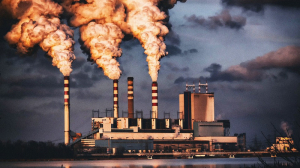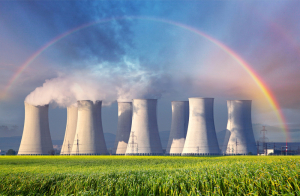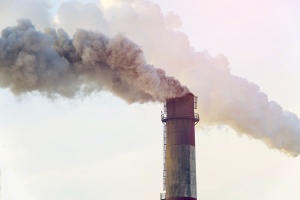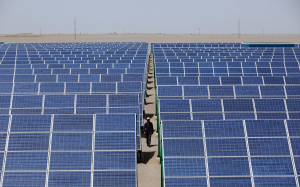Indonesia poised to launch nuclear power plants by 2030s: Expert
An energy expert has expressed his confidence that Indonesia is ready to begin constructing nuclear power plants (PLTN) and have operational units by early 2030s, citing the legal and institutional infrastructure is in place and the country has sufficient technical expertise to manage nuclear energy safely and effectively.
“Indonesia is ready, eligible, and safe to own and operate nuclear power− plants as a source of electricity and industrial heat,” Arnold Soetrisnanto, Chairman of the Indonesian New Nuclear Energy Society, said during a nuclear energy safety seminar in Jakarta on Friday, June 13, 2025.
He noted that Indonesia has had over six decades of experience operating nuclear research reactors in Bandung, Yogyakarta, and Serpong without any radiation leaks or safety incidents. This track record, he argued, is a strong basis for expanding into commercial nuclear energy.
Indonesia's current electricity roadmap, the National Electricity General Plan (RUKN) and the Electricity Supply Business Plan (RUPTL) 2025–2034, now officially incorporate nuclear power as part of the national energy mix. The RUPTL includes a solicited demand of 2×250 MW (500 MW) from nuclear energy, with additional potential coming from unsolicited projects, particularly in industrial zones and special economic regions.
Soetrisnanto is optimistic that nuclear energy could contribute up to 40 GW to Indonesia’s electricity supply by 2060 — exceeding the 35 GW target currently outlined in government documents. He emphasized that to realize this potential, Indonesia must simplify its licensing, regulatory, and supervisory frameworks, which often cause delays of over a decade in nuclear projects.
“With streamlined regulation, the first nuclear power plant in Indonesia could be operational within 5 to 10 years,” he said.
Technological readiness is not an issue, he added. Indonesia has access to advanced nuclear technologies, such as Generation III and Generation IV reactors, including the Pressurized Water Reactor (PWR) model − already widely used in countries like the U.S., China, Japan, and the UAE.
Safety remains a core concern. Soetrisnanto reiterated the commitment to "defense in depth", a multilayered safety system to prevent radioactive leaks under all circumstances. He also emphasized three binding principles: security, safety, and safeguards, which are enshrined in Indonesia's nuclear legislation.
Furthermore, Soetrisnanto urged the government to begin exploration and processing of domestic uranium and thorium resources, which would secure long-term nuclear fuel supply and enhance national energy independence.
The seminar concluded with a clear message: Indonesia is no longer treating nuclear power as a last resort, but as a viable, central part of the nation's transition to a reliable, low-carbon energy future.
Already have an account? Sign In
-
Start reading
Freemium
-
Monthly Subscription
20% OFF$29.75
$37.19/MonthCancel anytime
This offer is open to all new subscribers!
Subscribe now -
Yearly Subscription
33% OFF$228.13
$340.5/YearCancel anytime
This offer is open to all new subscribers!
Subscribe now







